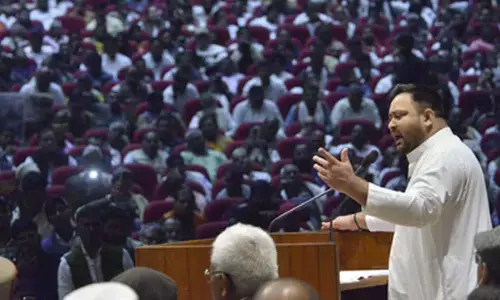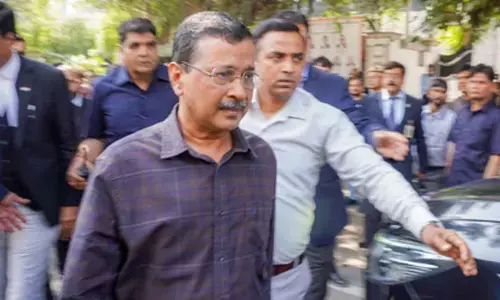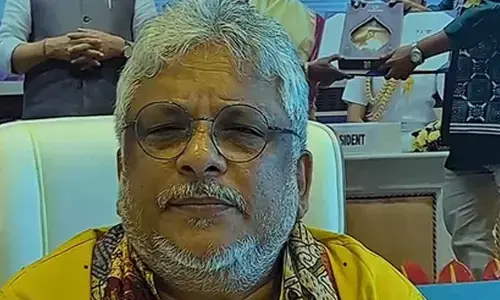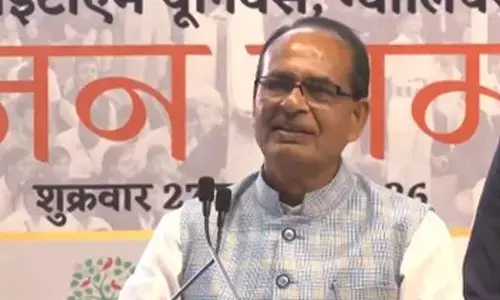No child in pre school should be made to take written or oral test: NCERT

No child in pre-school should be made to give any written or oral exam, the National Council of Educational Research and Training (NCERT) has said, terming it as a harmful and undesirable practice resulting from misguided parental aspiration.
New Delhi: No child in pre-school should be made to give any written or oral exam, the National Council of Educational Research and Training (NCERT) has said, terming it as a harmful and undesirable practice resulting from misguided parental aspiration.
According to the Council which is the HRD Ministry's curriculum developing body, the purpose of evaluation at the pre-school stage is not to label a child as "pass" or "fail". "On no account, should children be made to take any form of test or examination either oral or written. The purpose of evaluation at the pre-school stage is not to label a child as 'pass' or 'fail'," a senior NCERT official said.
"Currently we have in the country, pre-school programmes ranging from those that put children to a dull and monotonous routine to those where children are exposed to structured formal learning, often in English, made to do tests and homework, and denied their right to play. These are undesirable further and harmful practice that results from misguided parental aspiration," the official added.
The NCERT has listed do's and dont's on how assessment should be carried out and reported in pre-schools as part of its "guidelines for pre-school education". "Each child's progress needs to be assessed on a continuous basis using different tools and techniques such as anecdotal records, checklists, portfolios and interactions with other children.
"The teacher should make brief written notes based on observations of children - how and where children spend time, their social relationships, use of language, modes of interaction, information about health and nutrition habits. "Each child's folder should be available for parents and children to view and should remain with the preschool until such time as a child's transition to another preschool programme or in the primary school. All parents should receive a written and verbal progress summary report of their child at least twice a year," the guidelines read.
The guidelines have also defined parameters for infrastructure, qualifications and salary for preschool staff, admission process and records and registers to be maintained, monitoring and supervision mechanism and importance of coordination and convergence with community and parents.








